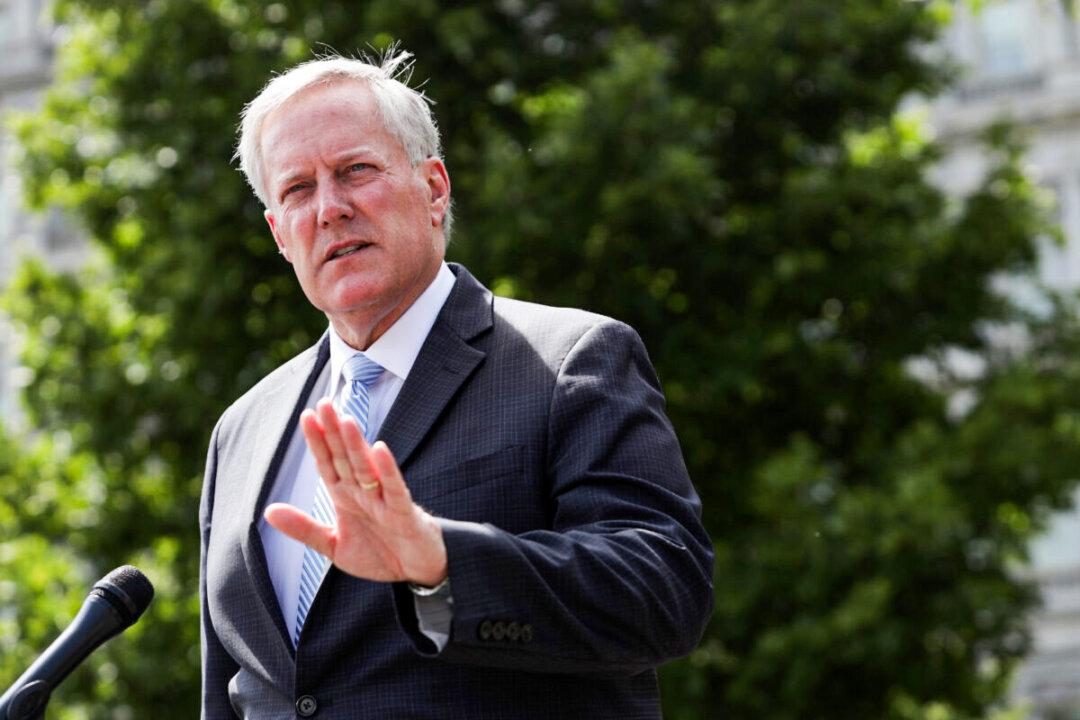Legal experts say that defense counsel for several of former President Donald Trump’s co-defendants are taking a calculated risk by asking for state racketeering charges in Georgia related to alleged election interference to be “removed” to federal court.
President Trump and 18 co-defendants—including several of his former attorneys—were indicted by a state grand jury in Fulton County on Aug. 14 over his efforts to contest the 2020 presidential election in Georgia. Charges include violating Georgia’s Racketeer Influenced and Corrupt Organizations (RICO) Act, soliciting the violation of an oath by a public officer, conspiracy to commit forgery in the first degree, and conspiracy to commit filing of false documents.





